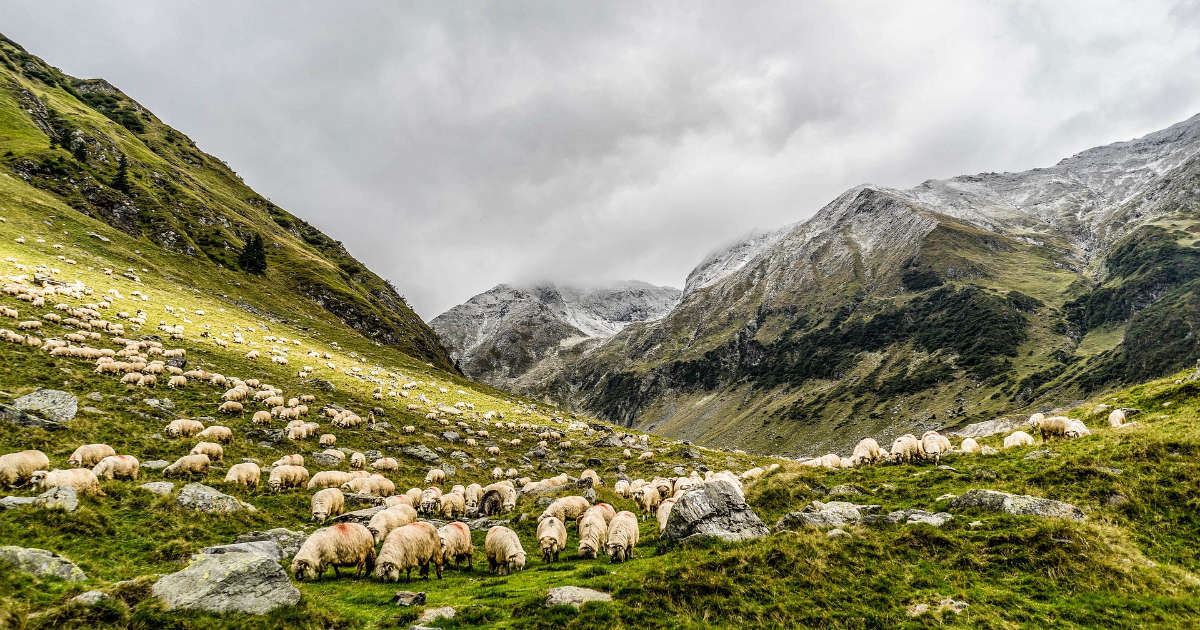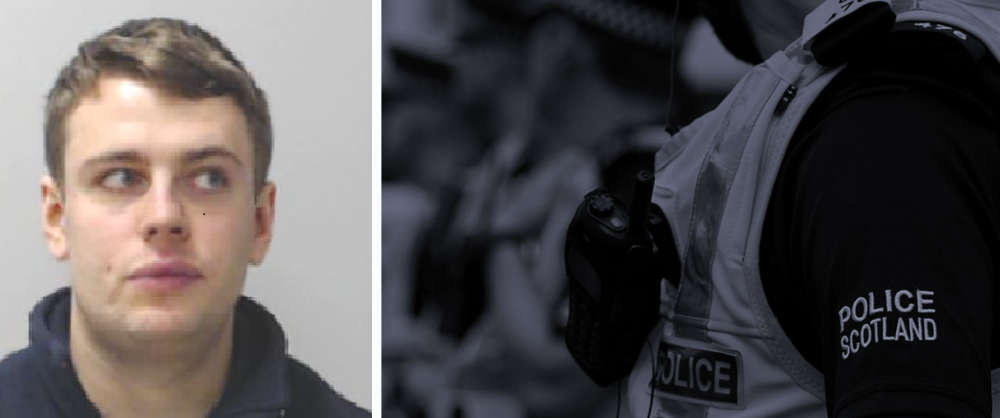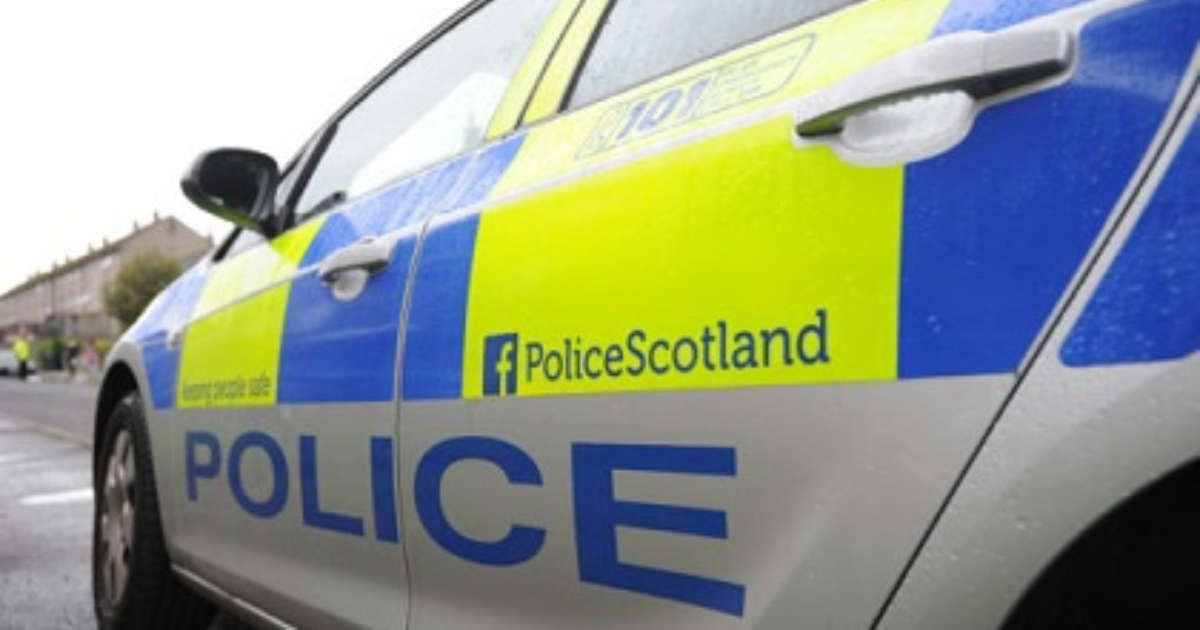
NFU Mutual, the UK's largest rural insurer, has warned pregnant ewes and new-born lambs are at 'peak risk' from 'out of control dogs' this Easter.
As people prepare to flock to the Scottish countryside this Easter, NFU Mutual is urging all dog owners to keep their pet on a lead wherever livestock may be nearby.
The warning comes despite signs that a 2021 change in legislation is helping to prevent attacks, with NFU Mutual’s survey revealing 29% of dog owners in Scotland are now aware they could be fined up to £40,000 if their pet attacks livestock, a significant rise in awareness from 4% in early 2022.
Thirty-two percent of dog owners also understood they could be imprisoned for allowing their pet to attack farm animals, compared to 22% this time last year.
But with lambing season underway, Scotland’s farmers and crofters remain concerned about out-of-control dogs chasing, attacking and fatally injuring vulnerable sheep and lambs this Easter.
Mark McBrearty, NFU Mutual Scotland Manager said: “The Easter holidays see many people exploring Scotland’s beautiful countryside, but they must remember these idyllic rural destinations are key to farmers’ and crofters’ livelihoods and are home to thousands of sheep and new-born lambs.
“This year’s lambing season is underway across Scotland, so it is crucial all dog owners act responsibly by keeping their dog on a lead in areas where livestock are nearby, especially near vulnerable sheep and lambs.
“Even dogs chasing sheep can have serious consequences. We’ve heard reports from farmers and crofters where sheep and lambs have drowned, suffocated, been run over or chased off cliff edges because of out-of-control dogs.
"The distress and exhaustion from being chased can cause a pregnant ewe to miscarry or die. It can also separate young lambs from their mothers, which can lead them to become orphaned.
“If there is an attack, it is important people accept responsibility and report it, either to the police or a local farmer or crofter, so that the injured animals are not left suffering.”


 Laurencekirk station marks 15th year with one million journeys milestone
Laurencekirk station marks 15th year with one million journeys milestone
 Man, 30, jailed for serious sexual assault in Aberdeen
Man, 30, jailed for serious sexual assault in Aberdeen
 Man charged after £300k worth of cannabis found
Man charged after £300k worth of cannabis found
 Woman becomes first from Aberdeen to reach Everest summit
Woman becomes first from Aberdeen to reach Everest summit
 14°C
14°C
 14°C
14°C
 15°C
15°C